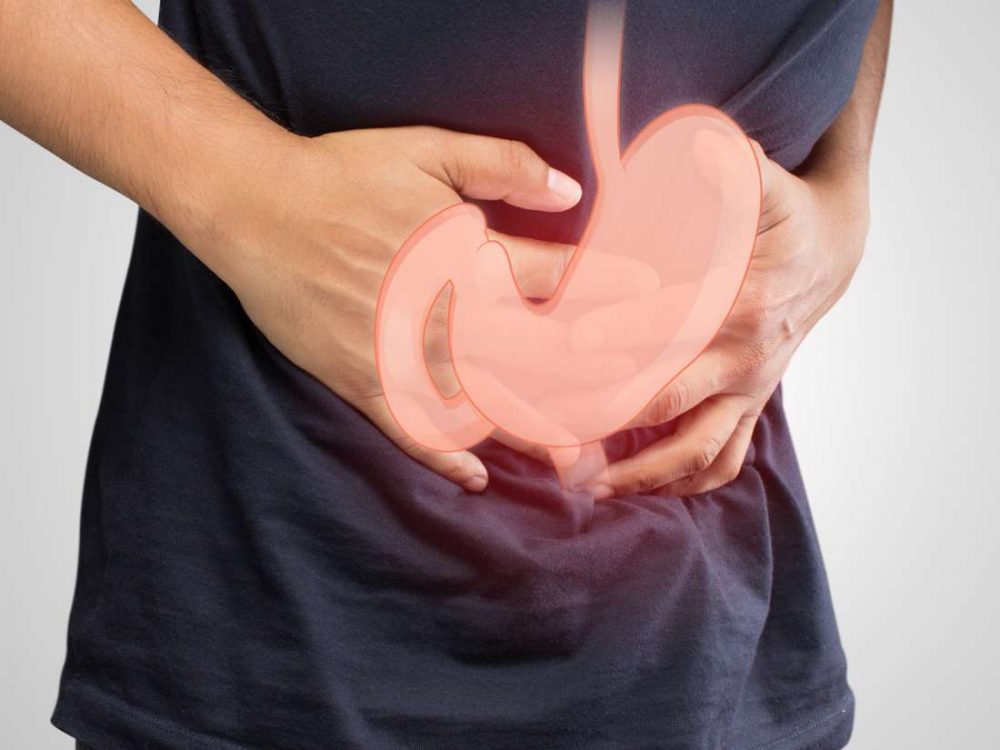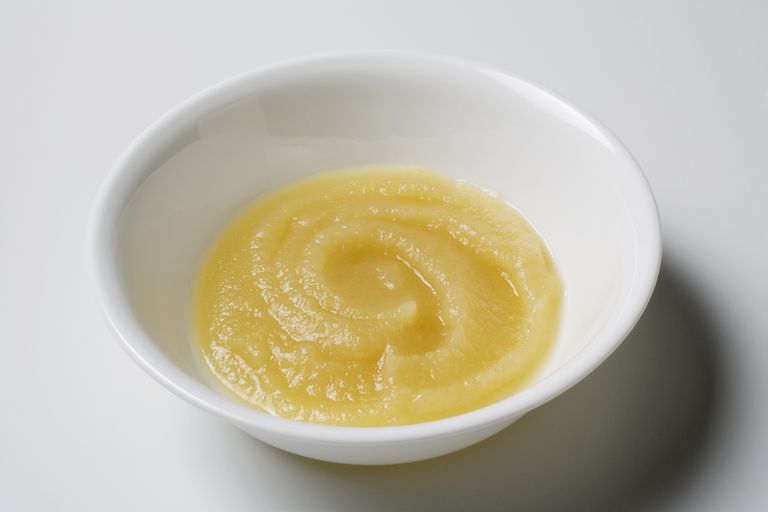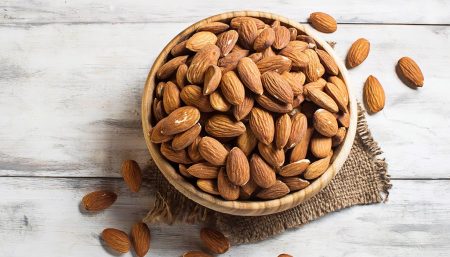
Everyone suffering with gastroparesis symptoms should seek dietary counselling with a doctor and Registered Dietician to help individualize nutrition therapy and maximize nutritional benefits.
Try to incorporate softer versions of foods like steamed, roasted, or boiled vegetables. Fruits that are fully ripened, cooked, canned, or juiced (without the pulp).
Softer foods to eat on a gastroparesis diet:

- Chicken or turkey (skinless)
- Canned tuna (packed in water)
- Lean fish like tilapia, cod, and haddock
- Eggs
- Tofu
- White bread
- Plain bagels
- English muffins
- Flour or corn tortillas
- Oatmeal or cream of wheat
- Puffed rice or wheat cereal
- Saltines or soda crackers
- Rice (not brown)
- Pasta
- Cottage cheese
- Yogurt (without fruit)
- Custard or pudding
- Plain or Frozen yogurt
- Gelatin desserts
- Broth and low-fat pureed soups
- Well-cooked root vegetables
- Tomato sauces
- Applesauce
- Baked or mashed potato (no skin)
- Sweet potato (no skin)
- Fruit and vegetable juices (no pulp)
- Canned peaches, pears, and apricot (skins removed)
- Bananas
If the problem is serious your doctor may prescribe a clear liquid diet for a few days followed by a full liquid diet for anywhere from five days to two weeks. With improvement you might be advised to include more substantial soups containing noodles and rice, along with peanut butter, cheese, and crackers. In the last phase of treatment, you might be advised to add soft starches, as well as baked chicken and fish.

With improvement, your doctor will move you on to a maintenance diet to better control your gastroparesis.
Disclaimer
The Content is not intended to be a substitute for professional medical advice, diagnosis, or treatment. Always seek the advice of your physician or other qualified health provider with any questions you may have regarding a medical condition.



